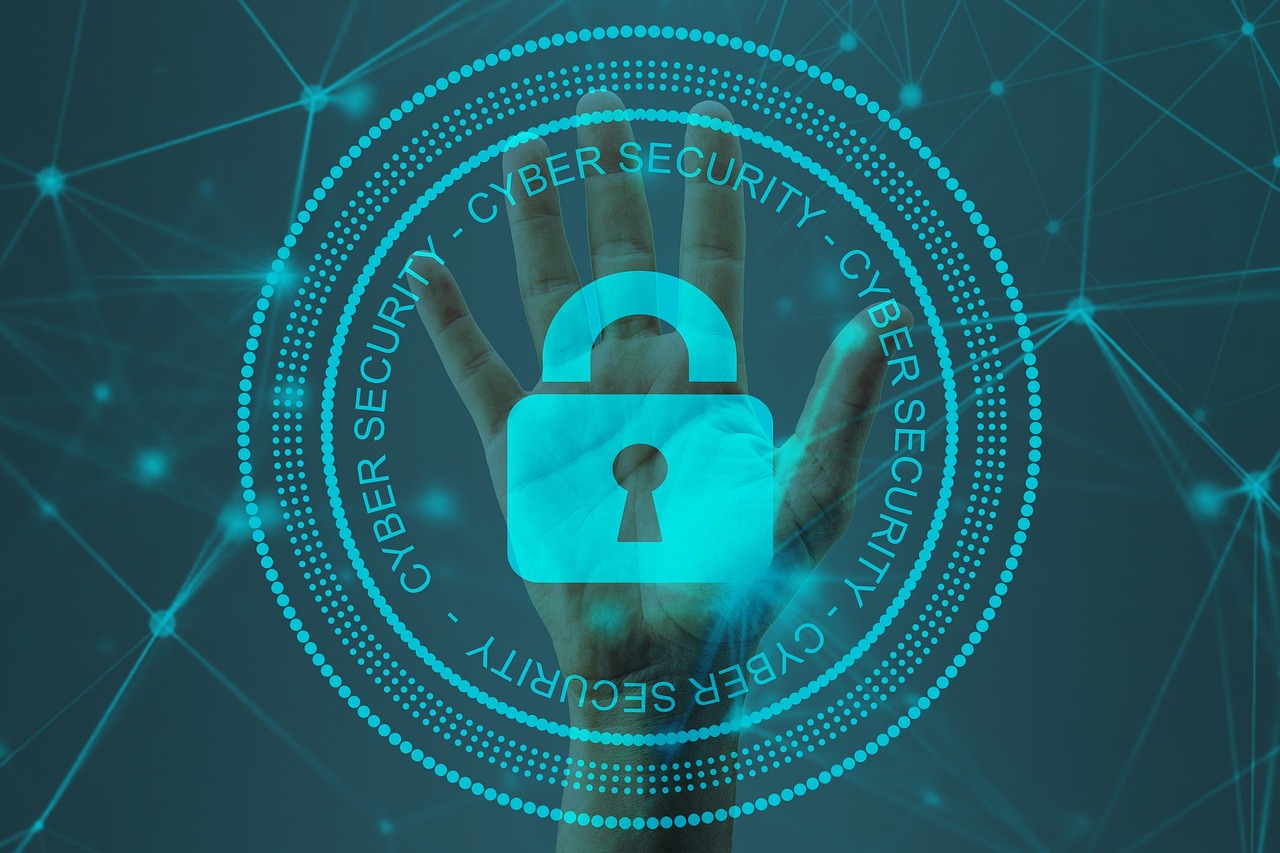8 Best Cybersecurity Measures for Small Businesses

Cybersecurity Measures for Small Businesses – Cybersecurity has become a critical concern for businesses of all sizes. However, small businesses often face unique challenges due to limited resources and expertise. Despite these constraints, implementing effective cybersecurity measures for small businesses is not just advisable; it’s essential for survival and growth. This article explores practical, actionable steps that small businesses can take to protect themselves from cyber threats, ensuring their data, reputation, and customer trust remain intact.
The Basics of Cybersecurity Measures for Small Businesses
Before diving into specific strategies, it’s crucial for small business owners to understand what cybersecurity entails. Cybersecurity measures for small businesses encompass protecting networks, devices, programs, and data from attack, damage, or unauthorized access. This includes safeguarding against malware, phishing, ransomware, and other cyber threats that could compromise business operations.
Read: Introducing the Top 9 Latest AI Technology Trends
8 Cybersecurity Measures for Small Businesses
Implementing Strong Passwords
One of the simplest yet most effective cybersecurity measures for small businesses is the use of strong, complex passwords. Employees should be trained to create passwords that are at least 12 characters long, including a mix of letters, numbers, and special characters. Furthermore, enabling multi-factor authentication (MFA) wherever possible adds an extra layer of security, making it significantly harder for attackers to gain unauthorized access.
Regular Software Updates
Cyber attackers often exploit vulnerabilities in outdated software. As part of cybersecurity measures for small businesses, regular updates for all software, including operating systems, applications, and antivirus programs, are non-negotiable. Automating these updates can help ensure that no software remains vulnerable due to neglect.
Employee Training and Awareness
Human error is a leading cause of security breaches. Therefore, one of the pivotal cybersecurity measures for small businesses involves educating employees about cyber threats. Regular training sessions on recognizing phishing emails, safe internet practices, and the importance of data security can transform your workforce into a first line of defense against cyber threats.
Secure Wi-Fi Networks
In the age where remote work has become commonplace, securing your Wi-Fi network is more critical than ever. Cybersecurity measures for small businesses should include setting up networks with strong encryption (like WPA3), changing default router passwords, and hiding the network name to prevent unauthorized access.
Data Backup and Recovery
Data is the lifeblood of any business. Implementing cybersecurity measures for small businesses that include regular data backups can be a lifesaver in the event of data loss due to cyberattacks. Cloud backups, when securely configured, can provide both redundancy and resilience. It’s also essential to test these backups regularly to ensure data can be restored swiftly after an incident.
Access Control
Limiting access to sensitive information on a need-to-know basis is a fundamental aspect of cybersecurity measures for small businesses. Using access control mechanisms, such as role-based access control (RBAC), ensures that only authorized personnel can access critical business data, reducing the risk of internal threats and accidental data leaks.
Incident Response Plan
Even with all precautions, breaches can occur. Having an incident response plan as part of cybersecurity measures for small businesses is crucial. This plan should outline steps to take if a security breach happens, including containment strategies, communication plans with stakeholders, and recovery procedures.
Vendor Risk Management
Many small businesses rely on third-party vendors for various services. Part of cybersecurity measures for small businesses must include assessing and managing the risks these vendors bring. Ensure that vendors have adequate security practices, and consider contractual agreements that specify security requirements and liabilities.
Check out these Construction Invoice Receipts Template.
How can Small Businesses effectively train their employees in Cybersecurity Principles
Training employees in cybersecurity principles is crucial for small businesses to safeguard their data, systems, and customer information. Here are several effective strategies for implementing such training:
1. Tailored Training Programs
- Assess Needs: Begin by assessing the specific cybersecurity risks your business faces. This will help tailor the training to address the most relevant threats, whether it’s phishing, malware, or data privacy issues.
- Role-Based Training: Different roles within a company might require different knowledge levels or focus areas. For example, IT staff might need more in-depth technical training, while sales or administrative staff might need emphasis on phishing awareness.
2. Regular and Ongoing Education
- Continuous Learning: Cybersecurity isn’t a one-time lesson. Regular training sessions, perhaps quarterly or semi-annually, keep the knowledge fresh and adapt to new threats.
- Microlearning: Use short, frequent training modules that can be completed in minutes. This approach can be less daunting and more digestible, especially for busy employees.
3. Interactive and Engaging Methods
- Simulations and Games: Use phishing simulation tools where employees can practice identifying and responding to phishing emails in a safe, controlled environment. Gamification can make learning fun and competitive, increasing engagement.
- Interactive Workshops: Conduct workshops or seminars where employees can interact, ask questions, and learn from real-life scenarios. These can be live or online, depending on resources.
4. Practical Application
- Hands-On Training: Allow employees to practice setting up secure passwords, using VPNs, or encrypting files. This practical experience reinforces theoretical learning.
- Scenario-Based Learning: Present real or hypothetical security incidents and ask employees to respond as they would in a real situation. Discuss outcomes and best practices.
5. Use of External Resources
- Industry Experts: Sometimes, bringing in external experts for training sessions can provide fresh insights and high-quality information that might not be available in-house.
- Online Courses and Certifications: Platforms like Coursera, Udemy, or industry-specific cybersecurity training sites offer courses that employees can take at their own pace. These can be especially useful for remote workers.
6. Clear Communication and Policy Awareness
- Security Policies: Ensure every employee is aware of the company’s cybersecurity policies. This includes data handling, password management, and reporting suspicious activities.
- Regular Updates: Keep the workforce informed about new policies, changes in protocols, or emerging threats via newsletters, emails, or a dedicated section on the company intranet.
7. Feedback and Improvement
- Feedback Loop: Gather feedback on the training sessions to see what works and what doesn’t. This can help customize future training to be more effective.
- Reward System: Consider rewarding employees who excel in cybersecurity practices or report potential threats. This not only motivates but also reinforces a culture of security awareness.
8. Leverage Technology
- Training Platforms: Use dedicated cybersecurity training platforms that provide updated content, track progress, and offer certifications.
- Automated Reminders: Tools that send automated reminders for password changes, security updates, or training refreshers can keep security at the forefront of daily operations.
9. Leadership Involvement
- Lead by Example: When leaders participate in training and demonstrate good cybersecurity practices, it sets a tone for the entire organization.
- Security Champions: Appoint security champions or ambassadors within teams to promote and help with ongoing education.
Conclusion
Cybersecurity is not a one-time setup but an ongoing process. For small businesses, integrating cybersecurity measures for small businesses into the daily operational culture is vital. Regular reviews of security practices, staying updated on new threats, and adapting measures accordingly will help in maintaining a robust defense against cyber threats. The investment in cybersecurity might seem daunting for small businesses, but it’s a fundamental aspect of ensuring business continuity, reputation management, and customer trust in an increasingly digital world.






